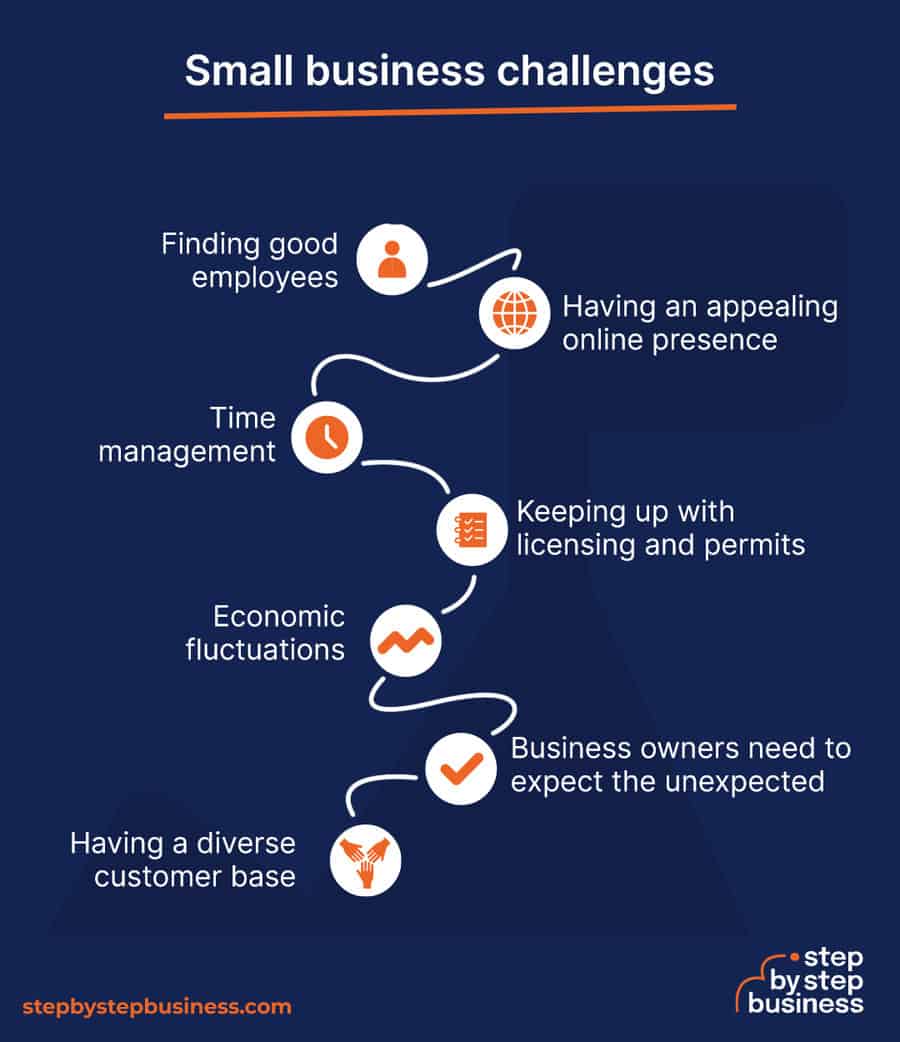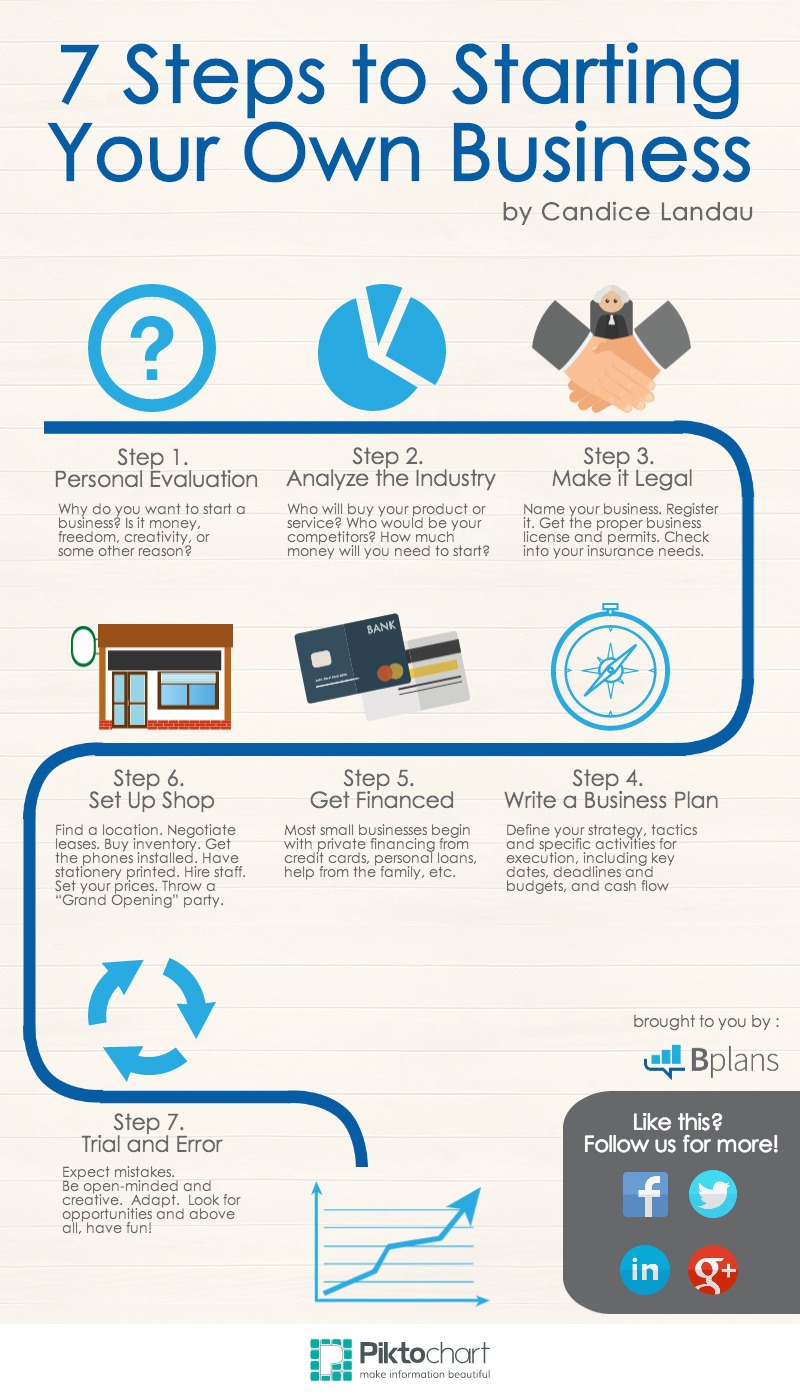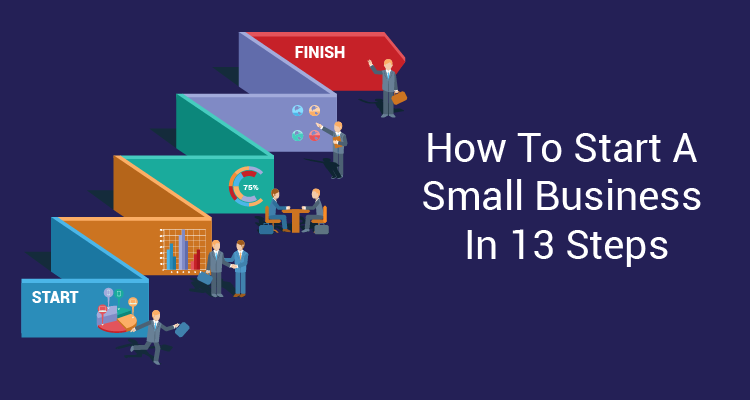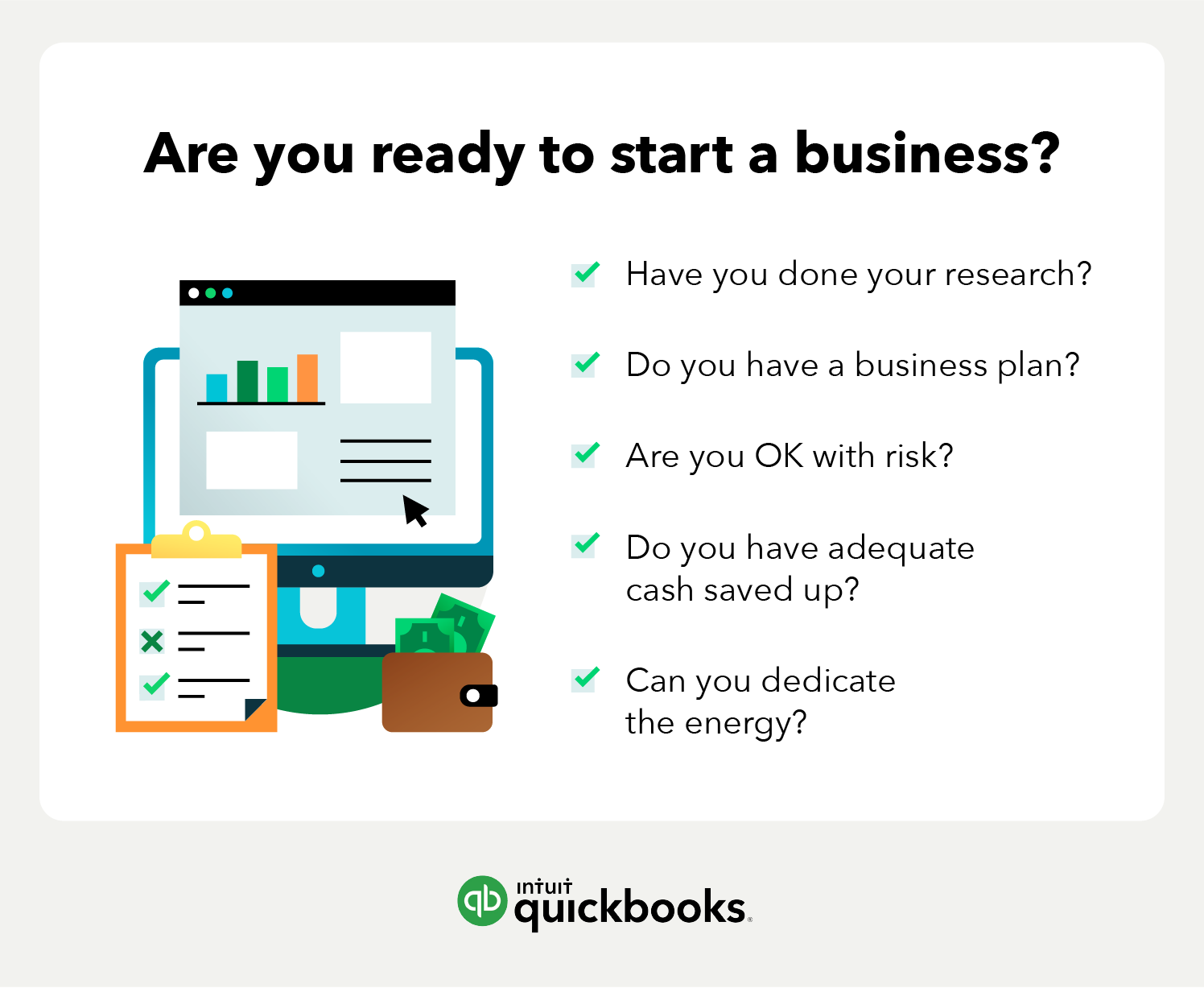How To Learn How To Start A Business

The dream of owning a business is a powerful motivator for many, but transforming that dream into reality requires careful planning, persistent effort, and a solid understanding of business principles. Fortunately, a wealth of resources exists to help aspiring entrepreneurs navigate the complexities of launching and managing a successful venture.
This article explores the diverse avenues available to learn how to start a business, highlighting key strategies and resources. Whether you're a complete novice or have some experience, the information below aims to provide a clear roadmap for acquiring the necessary knowledge and skills.
Formal Education and Training
For those seeking a structured approach, formal education offers a comprehensive foundation in business principles. A degree in business administration, entrepreneurship, or a related field provides a broad understanding of finance, marketing, management, and operations.
Many universities and colleges offer specialized programs designed specifically for aspiring entrepreneurs. These programs often include courses on business plan development, market analysis, and venture capital.
Beyond traditional degrees, certificate programs and workshops can offer targeted training in specific areas. These shorter, more focused options are ideal for individuals looking to quickly acquire specific skills, such as digital marketing or financial modeling.
Online Resources and Courses
The internet has democratized access to business education, offering a vast array of online resources and courses. Platforms like Coursera, Udemy, and edX host courses taught by leading business professors and industry experts.
These online programs cover a wide range of topics, from starting a small business to managing a multinational corporation. Many courses are self-paced, allowing learners to study at their own convenience.
The U.S. Small Business Administration (SBA) also provides a wealth of free online resources, including guides, templates, and training modules. This is a valuable resource for understanding the basics of business ownership in the United States.
Mentorship and Networking
Learning from experienced entrepreneurs is an invaluable way to gain practical insights and avoid common pitfalls. Mentorship programs connect aspiring business owners with seasoned professionals who can provide guidance and support.
Organizations like SCORE offer free mentorship services from retired executives and business owners. Mentors can help with everything from developing a business plan to securing funding.
Networking is another crucial aspect of learning and growing as an entrepreneur. Attending industry events, joining business associations, and connecting with other entrepreneurs online can provide valuable learning opportunities and potential partnerships.
Hands-on Experience
Theoretical knowledge is essential, but hands-on experience is equally important. Working in a related field, even if it's not directly in your desired industry, can provide valuable insights into business operations.
Consider internships or part-time jobs at startups or small businesses to gain firsthand experience. Observe how the business operates, ask questions, and learn from both successes and failures.
Starting a side hustle or a small, low-risk business can also be a great way to test your skills and learn by doing. This allows you to experiment with different business models and strategies without risking significant capital.
Government and Non-profit Support
Numerous government agencies and non-profit organizations offer support to aspiring entrepreneurs. The SBA, for example, provides loans, grants, and counseling services to small businesses.
Local economic development agencies and chambers of commerce often offer workshops, seminars, and networking events. These resources can help entrepreneurs connect with local resources and support systems.
Non-profit organizations like Grameen America provide microloans and financial training to low-income entrepreneurs. These organizations play a critical role in supporting underserved communities and fostering economic empowerment.
Continuous Learning and Adaptation
The business landscape is constantly evolving, so continuous learning is crucial for long-term success. Stay up-to-date on industry trends, technological advancements, and regulatory changes.
Read industry publications, attend conferences, and take advantage of ongoing professional development opportunities. Embrace a growth mindset and be willing to adapt your business model as needed.
By leveraging the diverse resources available and committing to continuous learning, anyone with the passion and drive can acquire the knowledge and skills needed to start and grow a successful business. The journey may be challenging, but the rewards of entrepreneurship can be immense.

![How To Learn How To Start A Business How to Start a Business: A Startup Guide for Entrepreneurs [Template]](https://blog.hubspot.com/hs-fs/hubfs/tips-for-starting-a-business.png?width=1125&name=tips-for-starting-a-business.png)
:max_bytes(150000):strip_icc()/How-to-start-a-business-7970202_final-81fb19e7d1cd43b8bf1e29b4c50e05b9.png)















